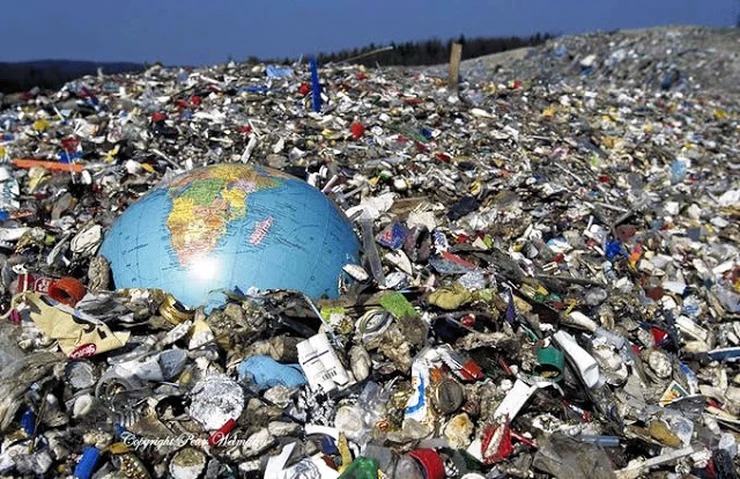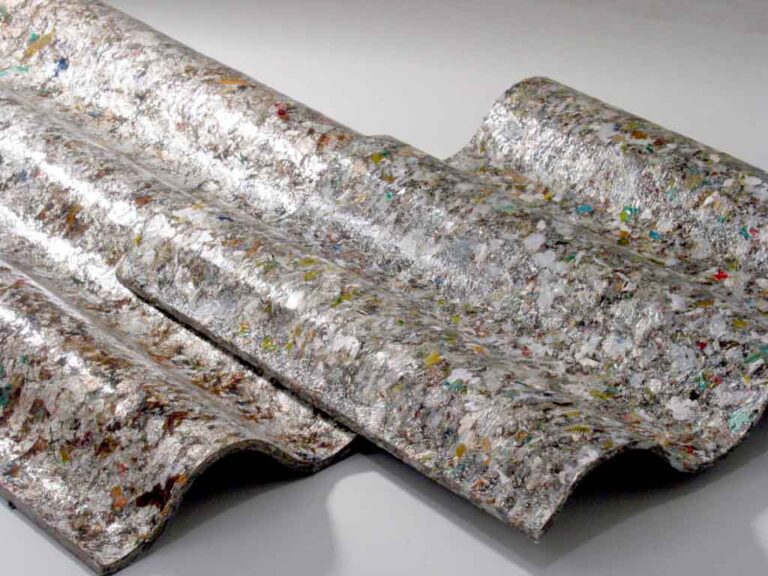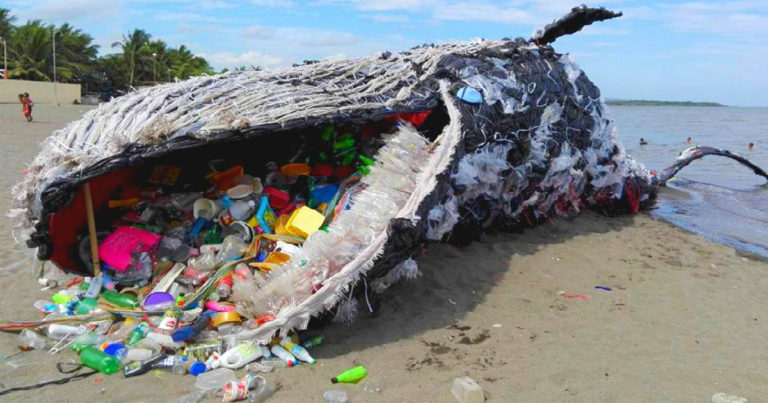Solid waste management and environmental protection through legislation have been central themes in Brazilian public policies. From the enactment of the Environmental Crimes Law in 1998 to the recent changes in the National Solid Waste Policy, the path to creating an effective waste management system has been fraught with challenges and delayed deadlines.

1998: The Initial Framework in Environmental Legislation
In 1998, Brazil took a crucial step by enacting the Environmental Crimes Law. This law established penalties for improper waste disposal, including a ban on dumping waste in landfills. The goal was clear: to transform the way the country deals with its waste and promote more environmentally responsible management.
2010: The National Solid Waste Policy and the Promise of Sanitary Landfills
In 2010, the National Solid Waste Policy was enacted with an ambitious goal: to eliminate landfills in Brazil and replace them with sanitary landfills. According to the law, the final disposal of waste was to be implemented within four years, by 2014. This meant that all Brazilian municipalities would have to adapt their waste management practices, implementing sanitary landfills that meet the established criteria.
2014: The Deadline That Was Missed
The 2014 deadline passed, but many municipalities still struggled to comply with the new rules. Instead of sanitary landfills, many still maintained dumps, disregarding environmental laws and the objectives of the National Solid Waste Policy. The situation worsened, leading to a series of postponements and adjustments to the laws.

2015: The Extension of Deadlines and the Presidential Veto
On July 1, 2015, the Senate approved an extension of the deadlines for the closure of landfills, giving municipalities until 2021 to adapt. However, President Dilma Rousseff vetoed the provisional measure on November 20, 2015. With the veto, all city governments that still maintained landfills were declared to be in violation of the law, subject to penalties such as fines and even administrative proceedings.
Provisional Measure 651: New Changes to Environmental Laws
In the midst of an election year, the National Congress was committed to not penalizing mayors. Thus, Provisional Measure 651 was approved, which exempted waste from being disposed of in landfills for up to eight years. This move generated frustration among those who expected a real and effective change in waste management.
The National Solid Waste Policy and Its Challenges
The National Solid Waste Policy, established by Law 12,305, requires that landfills have drainage systems to separate leachate and gases, in addition to using impermeable membranes to protect the water table. The legislation also promotes reverse logistics, encouraging the recycling and reuse of materials. However, the implementation of these laws for the environment has faced many obstacles.
What Does Law 12,305 Say?
Law 12,305 establishes that only waste that cannot be recycled should be sent to landfills. The legislation emphasizes the importance of different drainage systems to control leachate and gases and the need for an impermeable membrane to prevent soil and water contamination.
Challenges and Progress in Implementation
The implementation of environmental laws has been slow and problematic. In 2001, the magazine Setor Reciclagem already denounced the delay in implementing the National Solid Waste Policy. Furthermore, in 2012, municipalities should have submitted integrated solid waste management plans to the states, mapping the waste and its destinations. Failure to comply with this requirement would result in the loss of federal funds.
Examples of Advances
Despite the challenges, efforts were made to improve waste management. Mayors from Sertãozinho and Alagoinha traveled to Spain to learn about solid waste management and landfills. This initiative was a positive step towards adapting local practices to international standards.
Reflections on the Role of Government
Environmental and waste management legislation is an essential tool for environmental protection. However, compliance with these laws depends heavily on the commitment of government officials and the effective implementation of public policies. As Thomas Paine said, “Government, even when perfect, is a necessary evil; when imperfect, an intolerable evil.”
The trajectory of environmental laws in Brazil illustrates the complexity of implementing meaningful change and the need for an ongoing commitment to environmental protection. Change begins with strict enforcement of laws and public awareness of the importance of recycling and proper waste management.
Check out other interesting facts about recycling clicking here.
Learn how to make art by recycling, Click here.




CONGRATULATIONS ON THE ARTICLE RICARDO, ADDING THE PENALTIES FOR THE MAYORS, THEY WILL BE 2 YEARS IN PRISON AND THEY WILL LOSE UNION FUNDS IF THEY ARE CONVICTED.
THESE MAYORS OF SERTÃOZINHO AND ALAGOINHA: They will go on a trip, there is no technology in Spain for that, yet another dirty trick by these ladies elected by the vote of the ignorant.
I was talking to the mayor of Sertãozinho, I participated in the USINA etc., but you know better than I do how things are under the Equator... the public treasury money has no owner and can be spent however it suits, the powerful or small groups of the Brazilian political elite. They prefer the LANDFILL because there is the GARBAGE MAFIA that they call CONCESSIONAIRES and these guarantee them a good bribe, I fear, never... It is blatant corruption of this misgovernment, from the highest echelons to the scumbag mayors of corrupt politicians. I will send you several articles about the GARBAGE MAFIA, I speak, write, sign below, the only thing I cannot show photos because I am forbidden from entering these GARBAGE DUMPS that they call CONTROLLED LANDFILLS. There is a journalist whose blog you can find a lot of information on, ANDRÉ TRIGUEIRO… comments, photos, complaints, etc. I say it again, great article, my friend. We are together in this environmental fight, health prevention and now (in evidence of the ZIKA VIRUS) that these corrupt politicians do not care about the VECTORS. I do not expect to complicate your very important work, but I am not a cockroach or a coward to swallow these corrupt and corrupting people from the GARBAGE MAFIA. If there is any intervention in your work, you can give me my name and I will assume that I will write here.
The mission of the Recycling Sector is to spread the culture of recycling to as many people as possible. Together we can and must overcome the lack of commitment, will, education and awareness. I believe that we do not depend on the government for almost anything, we just need to act politically (in the essence of the word) and one day our voice will be heard.